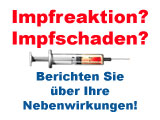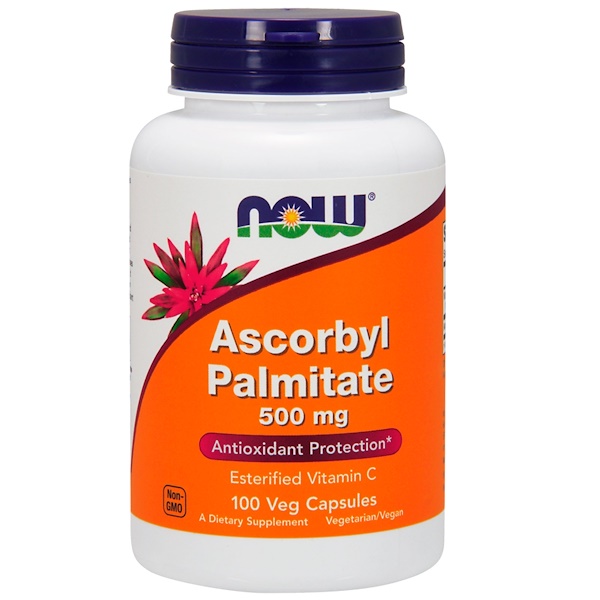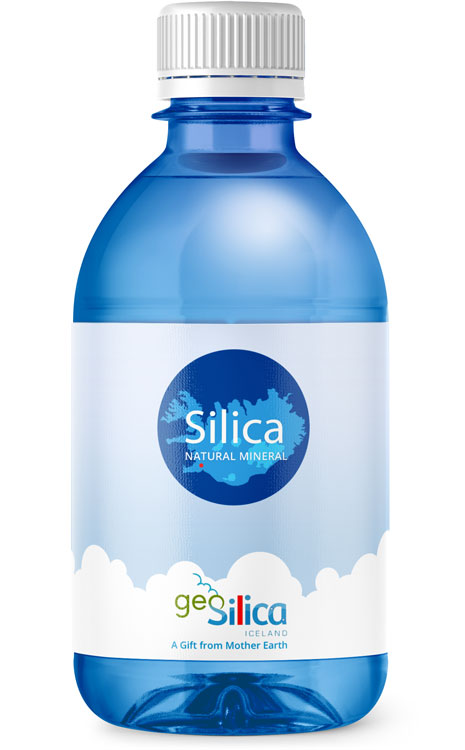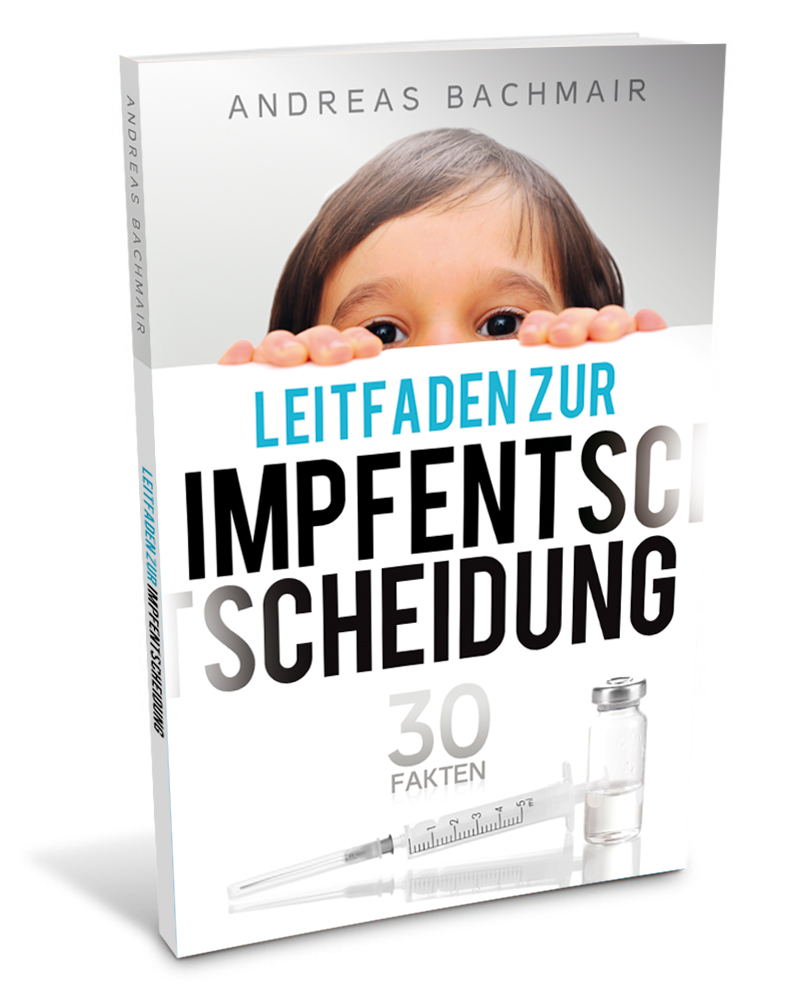Autismus durch Impfungen
Die Chefin des Centers for Disease Control (CDC) , eine Art oberster Seuchenkontrollbehörde der USA, gibt zum ersten Mal zu, dass Impfungen bei bestimmten Kindern, die an einer Störung der Mitochondrien leiden(2%), Autismus auslösen können.
Sehen Sie dazu das Interview auf CNN:
Ein weiteres interessantes Interview mit Robert Kennedy zu Thiomersal in Impfungen und Autismus
In June 2000, a group of top government scientists and health officials gathered for a meeting at the isolated Simpsonwood conference center in Norcross, Georgia. Convened by the Centers for Disease Control and Prevention, the meeting was held at this Methodist retreat center, nestled in wooded farmland next to the Chattahoochee River, to ensure complete secrecy. The agency had issued no public announcement of the session -- only private invitations to fifty-two attendees. There were high-level officials from the CDC and the Food and Drug Administration, the top vaccine specialist from the World Health Organization in Geneva and representatives of every major vaccine manufacturer, including GlaxoSmithKline, Merck, Wyeth and Aventis Pasteur. All of the scientific data under discussion, CDC officials repeatedly reminded the participants, was strictly "embargoed." There would be no making photocopies of documents, no taking papers with them when they left. The federal officials and industry representatives had assembled to discuss a disturbing new study that raised alarming questions about the safety of a host of common childhood vaccines administered to infants and young children. According to a CDC epidemiologist named Tom Verstraeten, who had analyzed the agency's massive database containing the medical records of 100,000 children, a mercury-based preservative in the vaccines -- thimerosal -- appeared to be responsible for a dramatic increase in autism and a host of other neurological disorders among children. "I was actually stunned by what I saw," Verstraeten told those assembled at Simpsonwood, citing the staggering number of earlier studies that indicate a link between thimerosal and speech delays, attention-deficit disorder, hyperactivity and autism. Since 1991, when the CDC and the FDA had recommended that three additional vaccines laced with the preservative be given to extremely young infants -- in one case, within hours of birth -- the estimated number of cases of autism had increased fifteenfold, from one in every 2,500 children to one in 166 children.- Details
- Zuletzt aktualisiert: 02. April 2008








